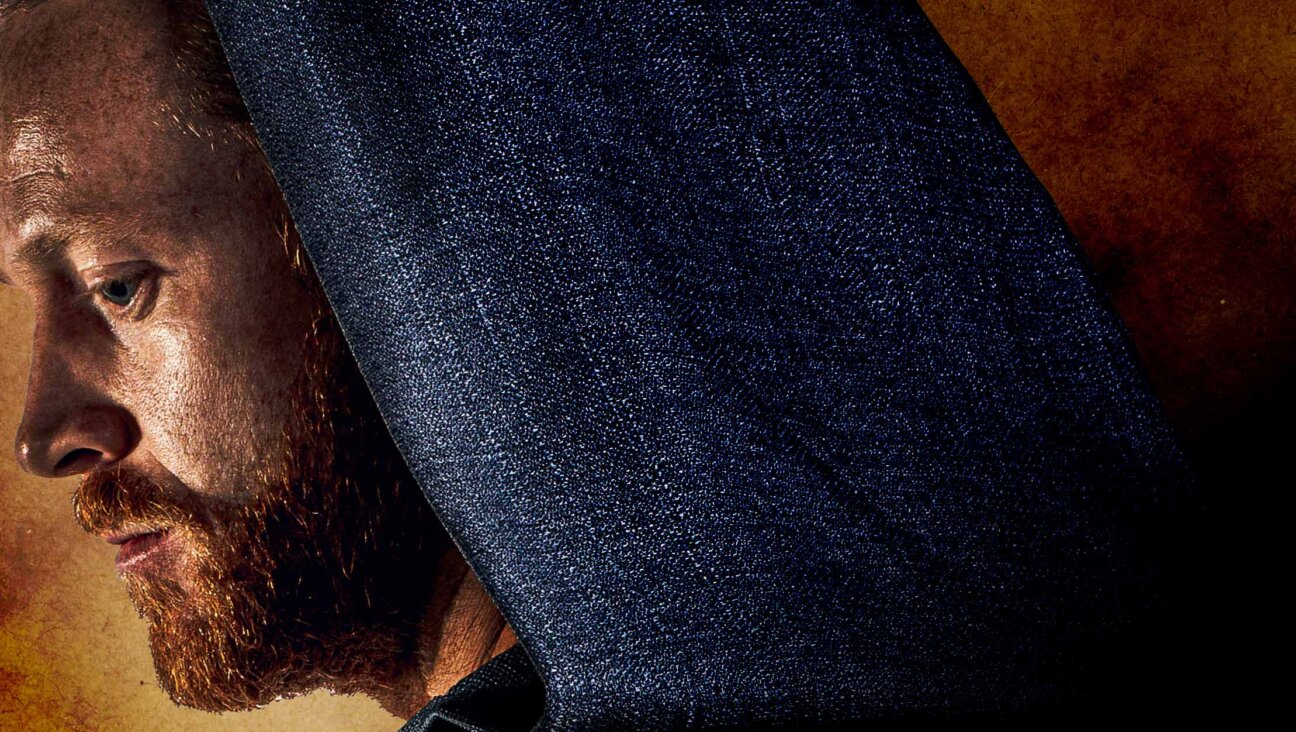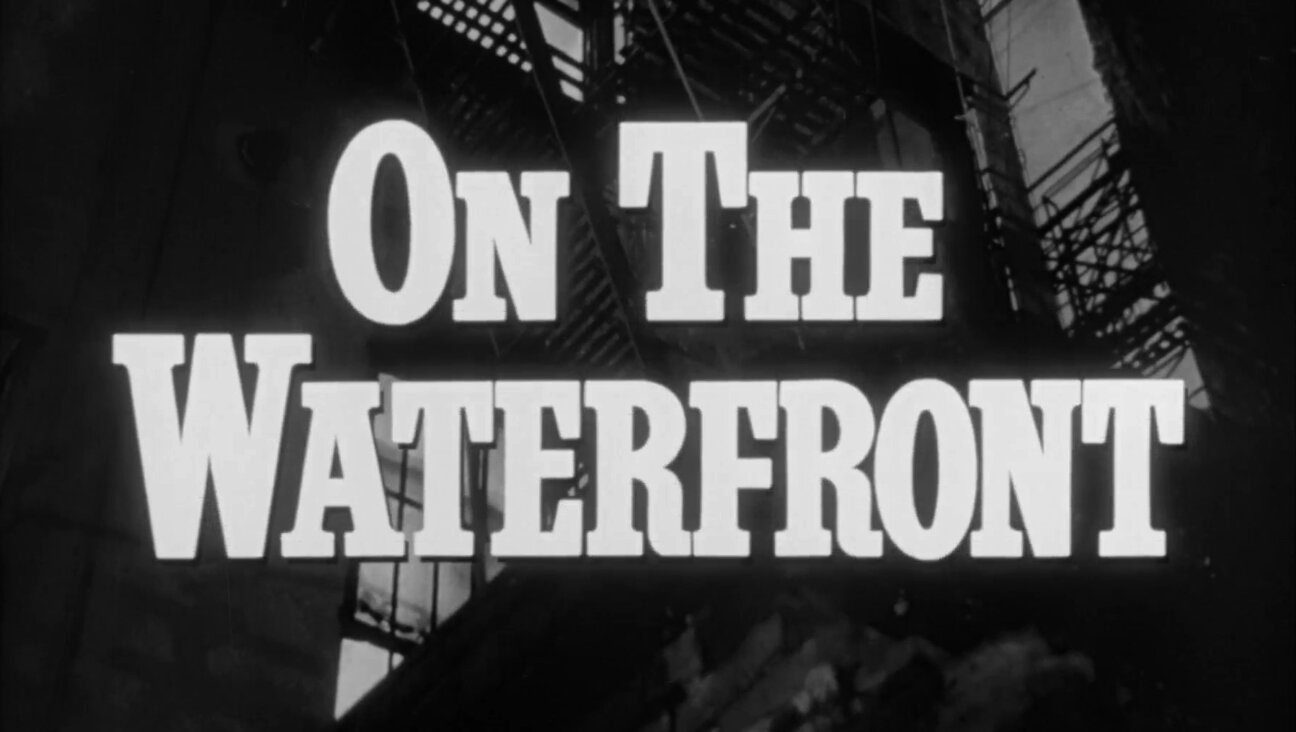To Starve Or Feed the Beast
Surely Nashat Aqtash has one of the more improbable jobs in the world: He is public relations adviser to Hamas; his job is to portray the new majority party of the Palestinians as kinder and gentler than its charter and its history have convinced most of the world it is.
Before last week’s elections, Aqtash was reportedly paid $40,000 for his advice. Perhaps it was he who saw to it that the Hamas election platform avoided his client’s most inflammatory language. But it is now, with the world suddenly paying close attention, that his work gets truly complicated. Though Aqtash himself, according to Knight Ridder, “personally believes in nonviolent tactics,” he is paid to soften the image of an organization that has sponsored some 40 suicide attacks against Israel, leaving more than 300 Israelis dead and many, many hundreds more wounded.
“Suicide bombing is a method,” he said. “It’s a way to fight back if you have no F-16s. You have to put pressure on your enemy.” Realizing that this may be too much for others to accept, Aqtash observes: “The Western media works within a culture, and if you address them based on our culture it will look different. Sometimes it looks stupid. Sometimes it looks terrorist.”
Indeed it does.
Actually, those who want to understand Hamas have a better source. There is the Hamas charter. We’ve heard much about that document these last days, since the Hamas landslide election victory.
Sight unseen, it was tempting to dismiss as overwrought those who described it as an abomination — or, in the manner of the paranoid right wing in Jewish life, as playing that old and tired tune: The whole world is against us.
But the Hamas charter, first published in 1988, is every bit as hateful as we’d been warned. It is, of course, virulently anti-Israel, calling quite explicitly for the destruction of the Jewish state. Just as Saladin finally liberated Jerusalem from the infidel Crusaders, so will today’s true believers rid Palestine, all of it, of the Jews. The charter is also, and again, explicitly, antisemitic.
Thus, there is no war anywhere, it says, that does not have our fingerprints on it. We are, it says, Nazis. And, “There is no solution to the Palestinian problem except by Jihad. The initiatives, proposals and international conferences are but a waste of time, an exercise in futility.”
So what are we now to expect?
No one can know today how Hamas will adjust to the task of governing. Will the Taliban be its model? Or Iran? Will its technocrats overcome its fanatics — or are they, too, fanatics?
It is likely that Hamas itself does not yet know the answers. Yet there is one thing of which we can be sure: The overwhelming majority of those who voted for Hamas did not vote to endorse suicide bombings, much less the Sharia law to which Hamas is committed.
They voted, as has been widely observed, in protest of Fatah’s corruption and ineptitude. They voted as they did out of frustration and despair, and surely their frustration and their despair is real, whosoever is blamed for it. And they voted to overcome the profound humiliation that afflicts them even more profoundly than it does other Arab peoples.
At the same time, ominously, Hamas is the fifth party of Islamic fundamentalists — after Egypt, Iran, Iraq and Lebanon — to score impressive gains in recent elections. So much for America’s grand design for the Middle East; the victory of Hamas suggests what democratization in the region is likely to mean.
Given the free choice that democracy requires — very much as we have seen in Iran — the major nations of the region are likely, if and as they choose democracy, to surge towards an anti-democratic Islamism. Like his road map, President Bush’s grand design was never more than a jigsaw puzzle, and now some of the key pieces have gone missing.
So, as Ariel Sharon insisted, and perhaps believed, Israel for now has no partner for peace negotiations. None can say how different things might have been had Sharon helped make a partner out of Mahmoud Abbas, had sought negotiations rather than preferring unilateralism. But that is not what Sharon wanted.
The unilateral withdrawal from Gaza was indeed courageous, as so many people believed. But it was, in the end, an example of foolhardy courage. As it played out in the region, it was a victory for Hamas, not for peace. And now, when there really is no partner, when the platforms of both Kadima and Labor endorse unilateralism in the absence of a realistic path to negotiation, the peace process is also comatose.
How utterly ironic: Just as all Israel’s major parties, including Likud, seemed ready at last to pursue a negotiated resolution of the conflict, Hamas comes to power, rendering their best intentions essentially irrelevant. And the quandary for the United States and the European Union is plain: to starve the beast in the hope of arousing the Palestinian street to oust it, at the risk of increasing Palestinian frustration and encouraging terrorism — or to feed the beast in the hope of encouraging development and moderation, but at the risk of appeasing its worst tendencies.
Scylla and Charybdis, take your pick.
The West’s appears to be a firm insistence that Hamas recognize Israel and abjure violence — that is, that Hamas, on the morrow of its victory, stop being Hamas. Not likely.
My own pick remains as it has been these many years: support for that dwindling band of peaceable warriors that persists in seeking a thread through the maze, in searching every tiny opening for talk, for peace. The Hamas victory renders that search unlikely, too. But, eyes wide open, not a whit less urgent.
A message from our CEO & publisher Rachel Fishman Feddersen

I hope you appreciated this article. Before you go, I’d like to ask you to please support the Forward’s award-winning, nonprofit journalism during this critical time.
At a time when other newsrooms are closing or cutting back, the Forward has removed its paywall and invested additional resources to report on the ground from Israel and around the U.S. on the impact of the war, rising antisemitism and polarized discourse.
Readers like you make it all possible. Support our work by becoming a Forward Member and connect with our journalism and your community.
— Rachel Fishman Feddersen, Publisher and CEO























